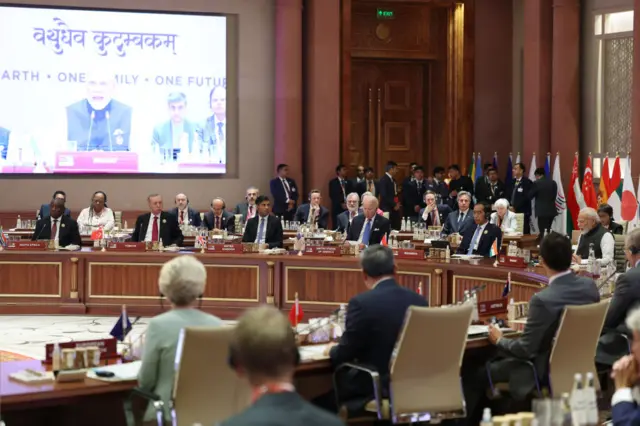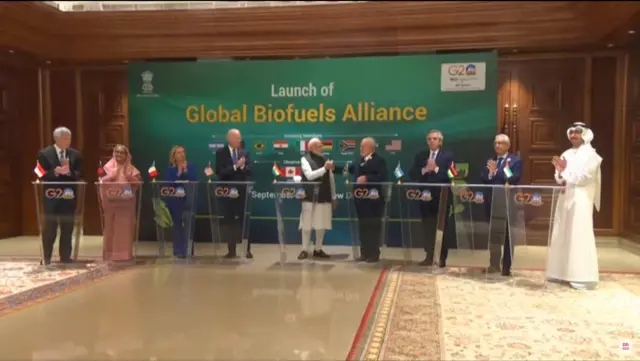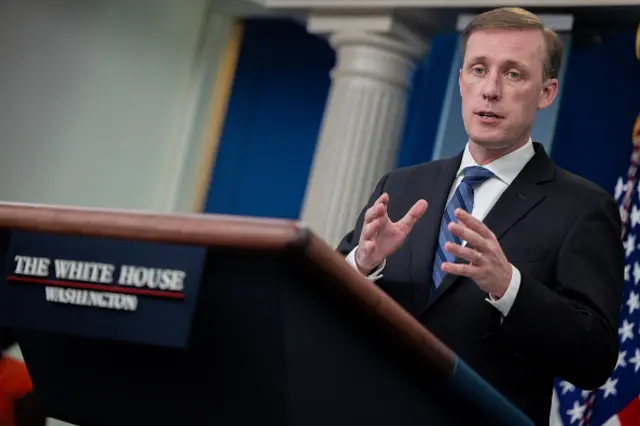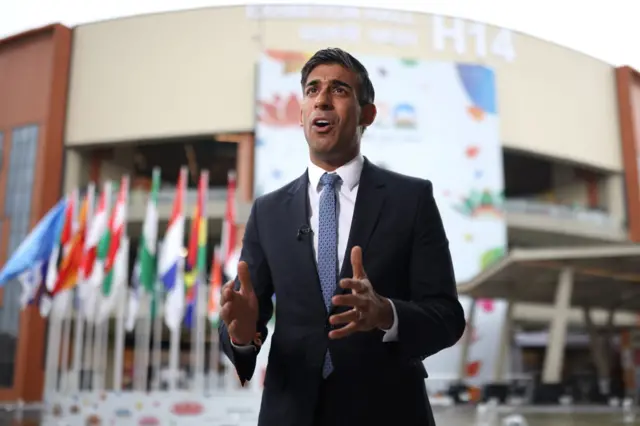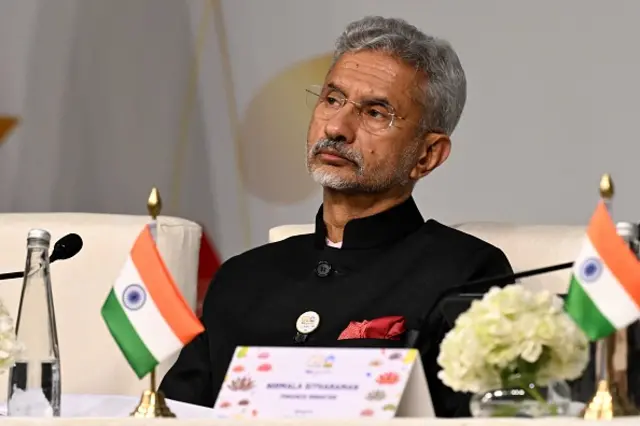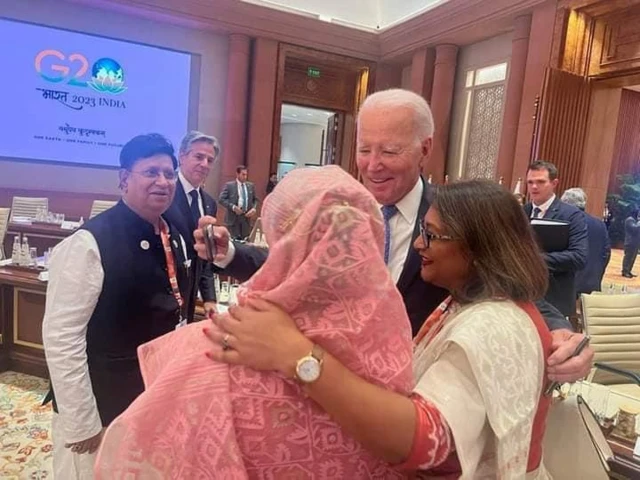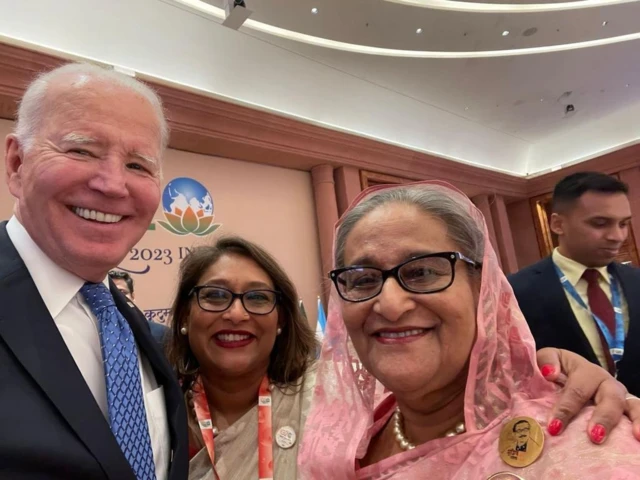Thanks for joining uspublished at 16:58 BST 9 September 2023
We're ending our live coverage now, but thanks for joining us as we reported on everything that happened at an eventful first day of the G20 summit. Do join us for the second day of the summit tomorrow.
This page was brought to you by teams in Delhi and London, including Cherylann Mollan, Meryl Sebastian, Zoya Mateen, Nikhila Henry, Antariksh Jain, Devang Shah, Nikita Mandhani, Bimal Thankachan, Anshul Verma, Soutik Biswas, Samira Hussain, Yogita Limaye, Chris Mason, Jacky Martens, Archana Shukla, Anbarasan Ethirajan and Navin Singh Khadka. It was edited by Geeta Pandey, Sharanya Hrishikesh and Vikas Pandey.

